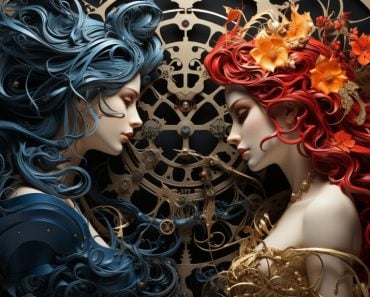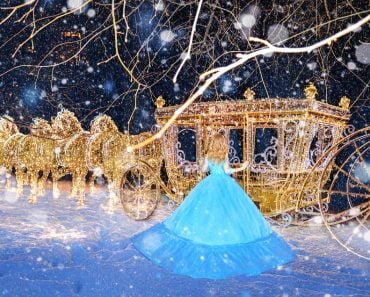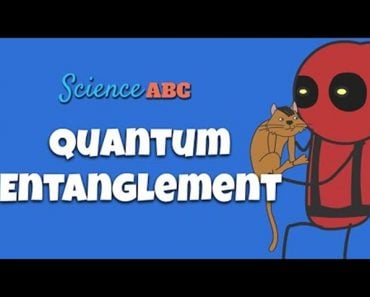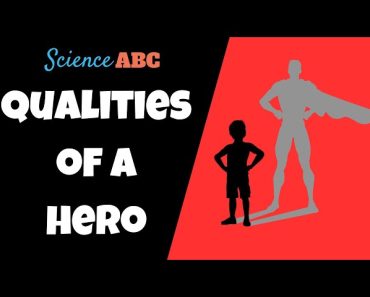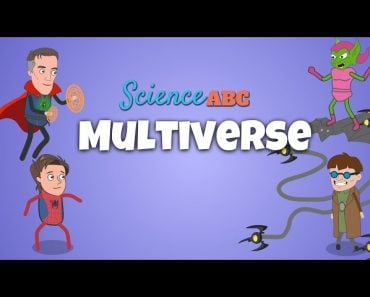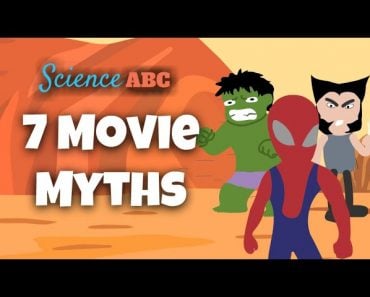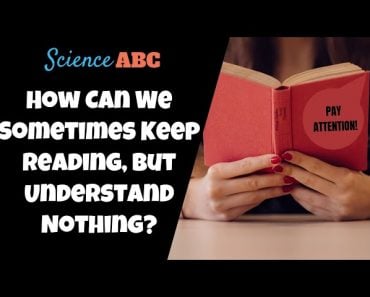Table of Contents (click to expand)
Fiction is born of and thrives on imagination. It is a literary work that is free from the constraints and obligations of reality. Even so, fiction is not free from morality and ethics—namely its involvement with questions of right and wrong.
“A person who has good thoughts cannot ever be ugly. You can have a wonky nose, and a crooked mouth, and a double chin, and stick-out teeth, but if you have good thoughts, they will shine out of your face like sunbeams, and you will always look lovely.” – Roald Dahl
With such irresistible appeal and a wicked sense of humor, it’s no surprise that British author Roald Dahl has captured the imagination of children around the world with books like Charlie and the Chocolate Factory, The BFG (“Big Friendly Giant”) and James and the Giant Peach.
Now, suppose someone tells you to rewrite the same quote above by erasing words that seem offensive (like ugly, wonky nose) to make it more inclusive and less “mean”. Does that feel right…or just plain wrong, as if you would be interfering with the writer’s freedom of expression? More than anything else, wouldn’t it take away some of the fun?
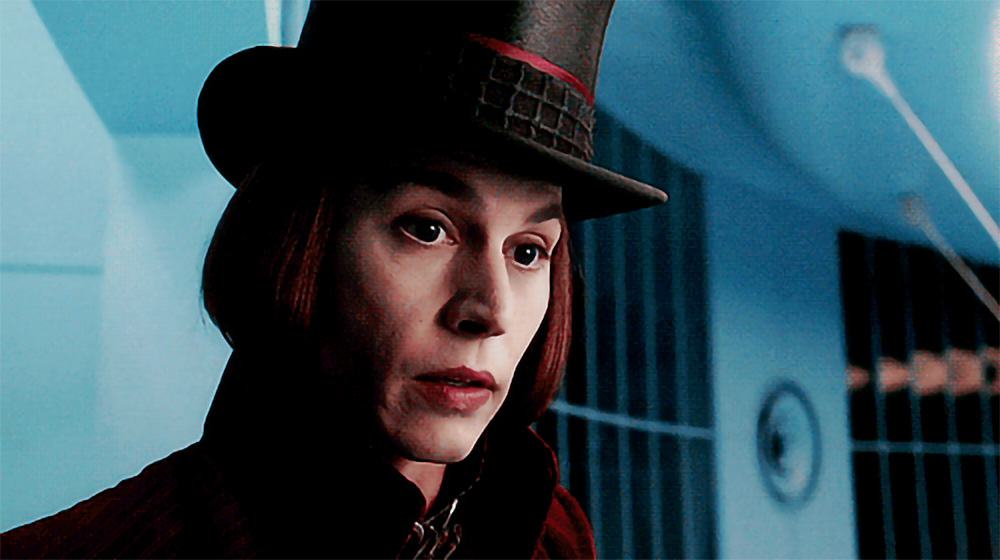
The same dilemma was faced by the UK publisher Puffin (a division of Penguin Books) when they removed hundreds of words like ‘ugly’, ‘fat’, ‘flabby’ or ‘crazy’ from Roald Dahl’s classic children’s books. The move has sparked a controversy, thus forcing the publisher to reverse their decision and keep the author’s original words.
However, this is not the first case of censorship in literature. Nor is it the first time that a battle of political correctness has been taken too far. Throughout history, books have been challenged, censored, banned, and even destroyed for cultural, religious, or political reasons.
Dan Brown’s The Da Vinci Code, The Diary of Anne Frank and even J K Rowling’s Harry Potter series are among the famous books that have reportedly been burned in public, all because the authors’ ideas or beliefs did not align with those of the perpetrators.
Suppose you are a writer and you want to write a fantasy novel. To avoid any hullabaloo or drama, you are planning to write it in a way that is reasonably acceptable to most people.
Now, the question is… to make that happen, do you have an obligation to follow any ethical standards? If so, is there any universal “gold standard” for ethical writing?
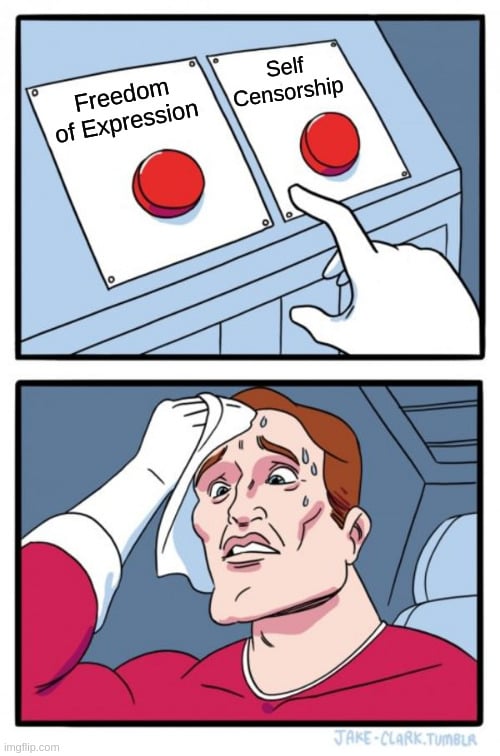
Recommended Video for you:
What Exactly Is Ethics Anyway?
Since childhood, we have learnt how to tell right from wrong. Kids all over the world are raised with practically the same values—honesty, kindness and respect. The goal is to develop a foundation for a person’s lifelong moral behavior. The rules are are pretty simple; “you should not steal”, “you should not lie” (as backed by the deontology approach in ethics). In short, ethics is a system of moral beliefs and values.
Therefore, should a writer only aim to create fiction that reflects good moral values? Should he write in a manner that is acceptable according to the law and society (e.g., showing virtuous characters with desirable conduct)?
It’s complicated. Unlike 18th century philosopher Kant’s absolutist moral theory suggests, ethical standards are not the same for everyone everywhere.
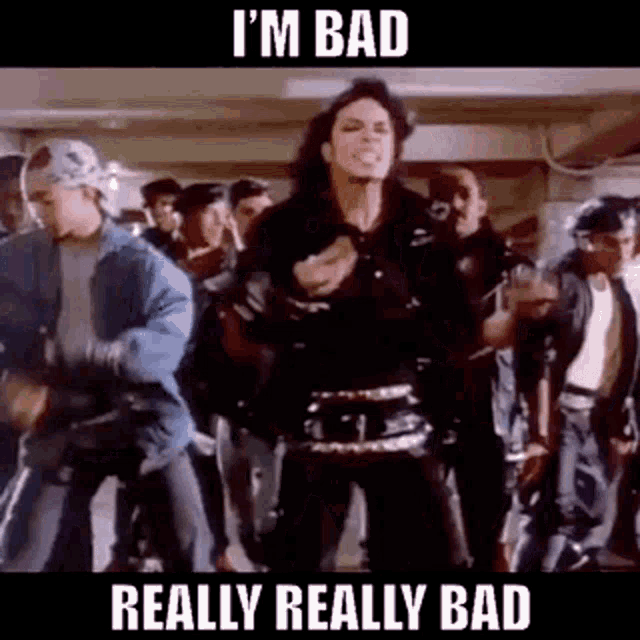
Ethics Is Tricky
In movies like Saving Private Ryan or Schindler’s List, there is a lot of bloodshed and violence. From the viewpoint of consequentialism (utilitarian), the filmmakers aren’t morally right, based on the expected consequences (the impact on viewers). Research shows that violence, inappropriate themes, and offensive language in movies can all have a negative impact on adolescents.
However, since there is an attempt to convey the horrors of war in those films, the works are ethically permissible, on the grounds of virtue ethics. Because the filmmakers have the integrity and courage to reveal the harrowing “truths” of wars and the holocaust, their production can be said to be “right”.
Furthermore, you can write stuff that may be morally right in one society, but wrong in another. In countries where being overweight is more desirable, and girls are force-fed, people would not consider ‘fat’ to be a derogatory term.
You don’t have to be a social scientist to understand that moral and ethical systems vary across different cultures. Living in an age of cultural relativism, then, we know that we should not judge a whole culture based on our own standard of what is good and bad, right or wrong.
So why judge a work of fiction?
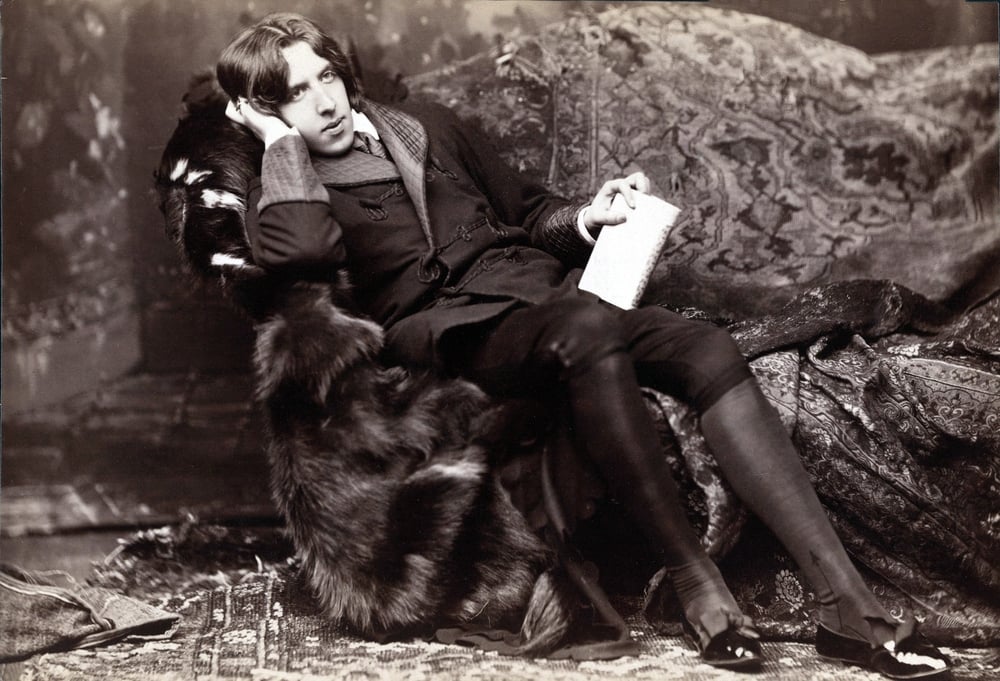
Ethics Vs. Aesthetics
When it comes to this question, Oscar Wilde, the Irish literary genius and a pioneer of the “art for art’s sake” movement, minces no words:
“There is no such thing as a moral or an immoral book. The books that the world calls immoral are books that show the world its own shame.” – Oscar Wilde, The Picture of Dorian Gray
To defend art (and other forms of expression) from unfair attacks stemming from moralistic and utilitarian (whether art is useful or not) views of art, the aesthetic movement emerged in the 19th century. Aestheticism grew based on the idea that there isn’t any connection between art and morality. Art needs no other justification aside from serving the purpose of beauty and pleasure.
Moral relativism, for thousands of years, has taught us that there is no universal way to distinguish between right and wrong. Going a step further, postmodern contemporary art approaches allow artists to be even more free. It assumes that artists shouldn’t bog themselves down with any “universal certainties or truths”… because there aren’t any.
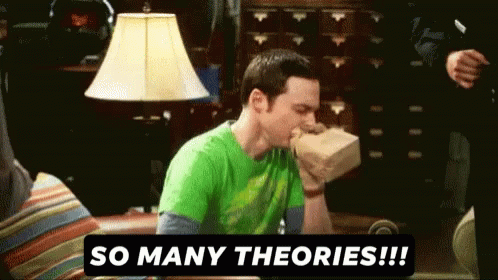
Obviously, a work of fiction reflects a writer’s own ideas and beliefs, which may not match with societal values. They may not represent the moral or political standing of their respective culture (or any culture, for that matter).
What Is The Ethics In Writing Fiction?
Still, writers pay taxes, they don’t steal, and they abide by other federal and local laws. Writers do have obligations, after all.
The First Amendment in the US constitution guarantees one’s right to free expression. This means that you can say what you like and write what you like. While imagination knows no bounds, there are rules and restrictions in place concerning how to express one’s imagination. Unless you’re careful with your writing, your book may be put on trial for various reasons, such as:
- incitement (e.g., hate speech)
- defamation (bullying, harassment)
- obscenity (swear words) and whatever else violates contemporary community standards.
Ethical writing is essentially the act of being ethical when you write. While moral ideas vary across time, place, and culture, there are certainly some common principles that most people agree on today.
Examples include avoiding plagiarism, promoting diversity and inclusion, avoiding bias or stereotypes (by eliminating language that is clearly racist or homophobic), and being fair and accurate in representing facts, along with other general guidelines that authors follow.
Basically, the idea of ethical writing relies more on how you write than what you write.
A Final Word
Unlike the Ten Commandments, there are no hard-and fast codes covering what a work of fiction should contain. A writer should have the liberty to “tell people what they don’t want to hear,” as George Orwell wisely remarked.
At the same time, writers have a responsibility to their readers, their community, and humanity as a whole. The key is to strike a healthy balance between freedom and responsibility. Therefore, it is important that writers pay attention to commonly shared ethical values and best practices, even as they blaze their own trails through literary history.
References (click to expand)
- International Encyclopedia of the Social & Behavioral Sciences. ScienceDirect
- U.S. Constitution - First Amendment | Library of Congress. United States Congress
- Salman Rushdie attacks Roald Dahl rewrites as 'absurd .... telegraph.co.uk
- Sieber, J. E. (2001). Research Ethics: Research. International Encyclopedia of the Social & Behavioral Sciences. Elsevier.

